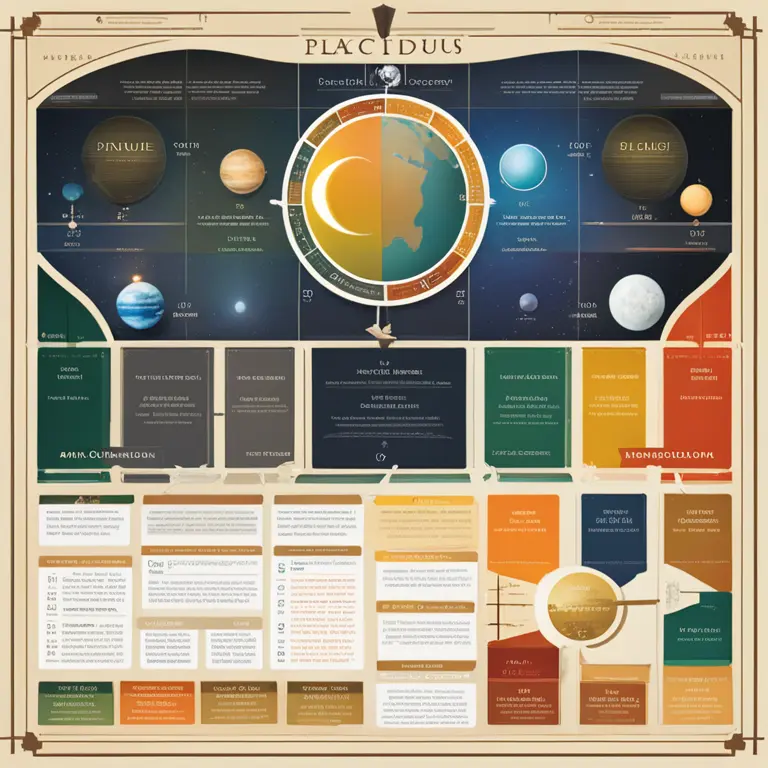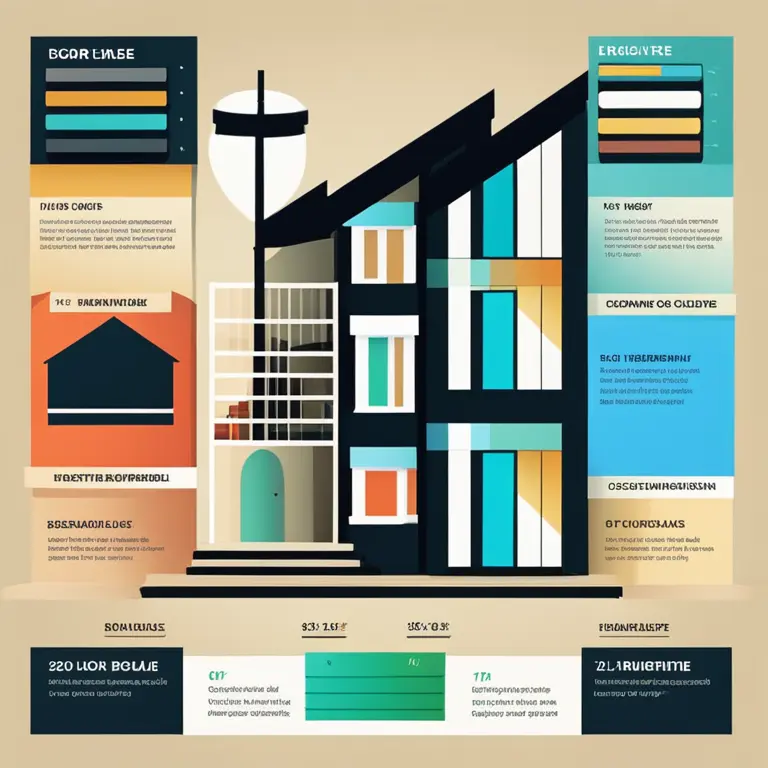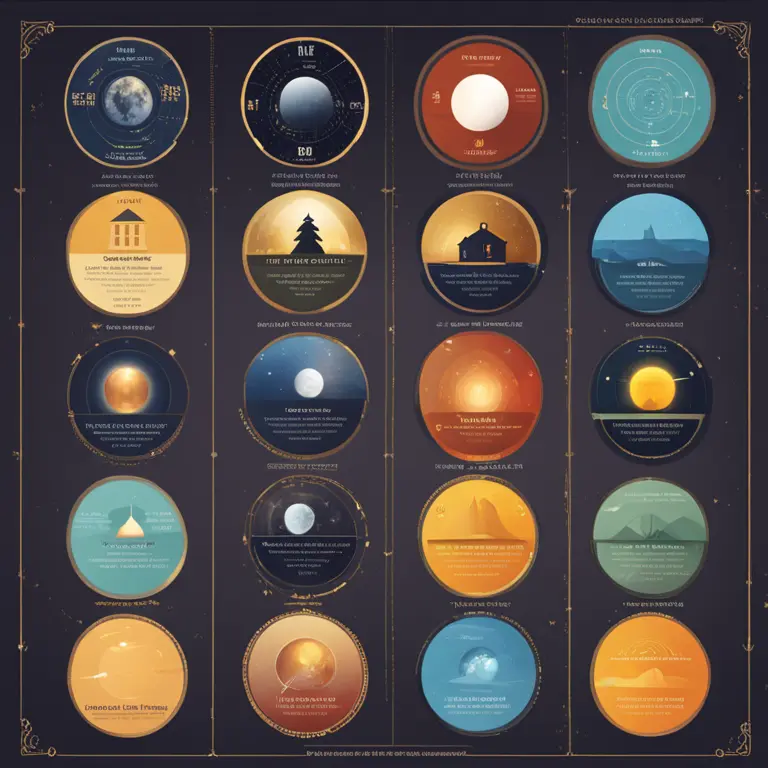
Choosing the Right Astrology House System in 2024
Discover the nuances of different astrology house systems to determine which one aligns best with your astrological practice in 2024 and beyond.
article by Priya Deshmukh
Introduction to House Systems
In astrology, the house system is a fundamental component that divides the horoscope into twelve segments, known as "houses," each symbolizing different facets of life. The choice of a house system can significantly influence an astrological reading, impacting the interpretation of your natal chart. As we progress through 2024, it's important to revisit the popular systems in play, evaluating their relevance and application to contemporary astrological practice.

Placidus: The Dynamic Standard
The Placidus system, with its time-based approach to dividing the celestial sphere, has long been favored in Western astrology. Its dynamic nature adjusts for the Earth's rotation, reflecting the uniqueness of each birth moment. It is particularly adept at reflecting individual experiences, arguably providing nuanced insights for personal development and self-awareness. Critics, however, debate its accuracy, especially at extreme latitudes.

Whole Sign Houses: Ancient Simplicity
The resurgence of traditional astrology has brought the Whole Sign system to the fore. Its simplicity lies in assigning entire signs to houses based on the Ascendant, circumventing the need for complex calculations. This system offers clarity and uniformity, with each house containing all the degrees of a sign, making it ideal for beginners and those drawn to Hellenistic astrology's roots. Yet, some argue it may overlook the subtle variances captured by other systems.

Equal Houses: A Balanced View
Equal Houses start the first house cusp at the Ascendant degree, extending each house evenly at 30 degrees. This method promotes a balanced perspective, ensuring that no house disproportionately influences the chart's interpretation. Its straightforwardness makes it appealing; however, it lacks the personalized touch provided by systems incorporating the Midheaven as a significant point.
Koch and Regiomontanus: Geometric Precision
Both the Koch and Regiomontanus systems take geometric relationships into account. Koch, often used in psychological astrology, focuses on birthplace specifics, whereas Regiomontanus, popular in predictive astrology, uses evenly divided space divisions. These systems cater to those favoring mathematical exactness but can be challenging to apply for those residing at higher latitudes.
Contemporary Techniques and Comparisons
Recent years have seen the development of additional systems, such as Porphyry and Meridian, that strive to synthesize elements from classical traditions with contemporary understanding. When selecting the "best" house system, one must consider the type of astrology being practiced—natal, horary, electional, etc.—and the context of the consultation. Many astrologers employ different systems for varying purposes to harness each system's strengths.
Concluding Advice
Ultimately, no single house system is definitively "the best" as each brings a unique lens to astrological interpretation. The choice is deeply personal, hinging on your orientation towards tradition, precision, or psychological depth. It's recommended that practitioners and enthusiasts explore multiple systems, thereby gaining direct experience of the insights each offers. In time, you will likely find one that resonates more profoundly with your interpretative style.
Published: 1/30/2024
Modified: 1/30/2024
More predictions
Come back here soon to learn more about yourself and your future


Astrology: Navigating Life’s Ebb & Flow
Astrology, a celestial symphony orchestrating a harmonious dialogue between the cosmos and terrestrial beings, has been a beacon of wonderment and mystique for millennia. Dappled across the night sky, the stars, planets, and cosmic entities whisper tales of fate, guidance, and metaphysical connectivity. But how does this astral tapestry weave into our earthly existence, and more pertinently, how can astrology help you?


Celestial Insights: Unraveling the Mysteries of Astrology and Palmistry
Discover the fascinating intersection of palmistry and astrology in understanding your unique life path and destiny.


The Karmic Task Of The Zodiac Signs
The intricate dance of stars and planets influences more than just our birthdays. In the vast realm of astrology, there's an underlying theme of karmic lessons that each zodiac sign must face. The celestial choreography is said to guide our soul through lessons we need to learn, pushing us towards self-realization.